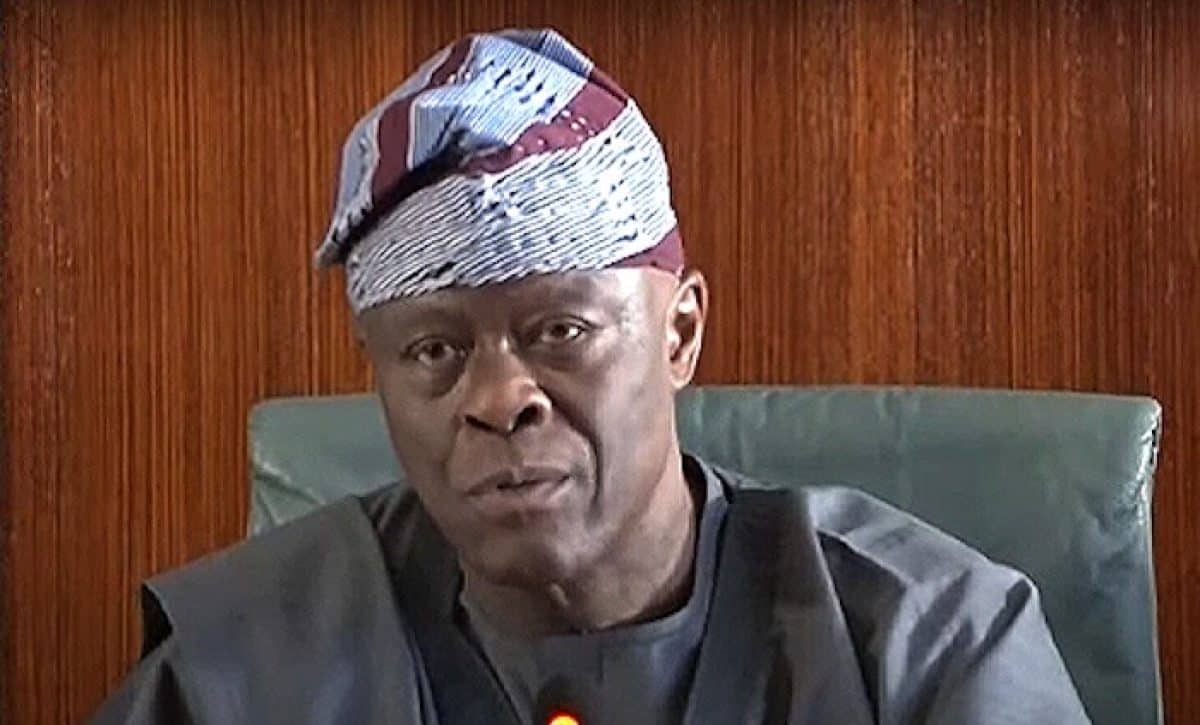The Federal Government has pledged to tackle its ballooning N23 trillion Ways and Means debt, a move announced by Finance Minister Wale Edun at a public wealth management conference.
This significant announcement signals a potential shift in how the government finances its activities. Here's a breakdown of the key points:
Auditing the Debt:
- The government has committed to auditing the N23 trillion Ways and Means debt, accumulated through borrowing from the Central Bank. This audit will likely investigate how the funds were used and whether proper procedures were followed.
Breaking the Dependency:
- To avoid future reliance on such borrowing, the government plans to present a bill to the National Assembly. This bill aims to eliminate "nuisance taxes and levies" from the country's tax system. The idea is to streamline tax collection and potentially increase revenue through efficiency.
Real-Time Revenue Harvest:
- Additionally, the government intends to implement policies that allow real-time revenue collection from state-owned enterprises and corporations. This suggests a move towards stricter monitoring and potentially faster access to funds from these entities.
Overall, these announcements point towards a two-pronged approach:
- Transparency and accountability: The audit aims to shed light on past borrowing and potentially identify areas for improvement.
- Increased revenue generation: The planned tax system revamp and real-time collection from corporations aim to boost income and reduce dependence on Ways and Means borrowing.
The success of these measures will depend on various factors, including implementation details, legislative approval, and potential challenges in changing tax structures and collecting revenue effectively.




















